
Purity and its opposite, pollution, are vitally important in Hindu culture. While they imply a strong sense of physical cleanliness, their significance extends to social, ceremonial, mental, emotional, psychic and spiritual contamination. Freedom from all forms of contamination is a key to Hindu spirituality and is one of the Yamas. Physical purity requires a clean and well-ordered environment, yogic purging of the internal organs and frequent cleansing with water. Mental purity derives from meditation, right living and right thinking. Emotional purity depends on control of the mind, clearing the subconscious and keeping good company. Spiritual purity is maintained through following the yamas and niyamas, the study of the Vedas and other scriptures, pilgrimage, meditation, japa, tapas and ahimsa. Ritual purity requires the observance of certain prayashchittas, or penances, for defilement derived from foreign travel, contact with base people or places, conversion to other faiths, contact with bodily wastes, attending a funeral, etc.
Purity is of three forms-- purity in mind, speech and body, or thought, word and deed. Purity is the pristine and natural state of the soul. Impurity, or pollution, is the obscuring of this state by adulterating experience and beclouding conceptions. In daily life, the Hindu strives to protect this innate purity by wise living, following the codes of dharma. This includes harnessing sexual energies, associating with other virtuous Hindu devotees, never using harsh, angered or indecent language, and keeping a clean and healthy physical body.
Clearly, Eastern culture regards purity as more than just physical. Something may be perfectly clean yet be impure or polluted by thoughts of another or by undesirable vibrations. Customs of purity are often based on hygiene and health. Here are several ways purity is preserved in Hindu culture.
1.PURITY AND FOOD
Purity is central to food and nutrition, as the nature of one's nourishment deeply affects the entire physical, mental and emotional nature. In a marketplace, one does not touch food one doesn't intend to buy. One cooking food for others would never taste of the dish from a spoon and then put the spoon back in the pot. If food is to be tasted while cooking, a small portion is placed in the right hand. Similarly, one would not touch the lips to a water vessel that is also used by others. Nor would one offer something to another from which one has taken a bite or a sip.
2.SANCTIFIED FOOD OFFERINGS
However, the opposite of this is true in the case of the satguru's food leavings. Food that he has tasted is revered as sacred Prasada or Chhishta. This and the water from the washing of his feet are sought after and imbibed by devotees for the great spiritual blessings that they contain toward moksha.
3. FLOWER OFFERINGS
One does not sniff flowers picked for offering to the Deities; even the smell is for the Gods, not for us. flowers that fall to the ground should not be offered.
4. OFFERINGS
Offerings, such as an archana basket, flowers or garlands, are carried with both hands on the right side of the body, so as to not be breathed on. All items are washed in preparation and, if carried more than a short distance, wrapped or covered.
5. THE LEFT HAND
In Asian culture, the left hand is considered impure because it is used (with water) in the place of toilet paper for personal hygiene after answering the call of nature. Handing another person anything with the left hand may be considered a subtle insult.
6. SHOES
Shoes are considered impure. The cultured Hindu never wears shoes or sandals inside a temple or shrine, nor in his home or the homes of other Hindus. Carrying shoes in the hands from one part of the premises to another is also avoided. An ultimate insult is to be struck with a shoe.
7. CAUTION WITH FOOTWEAR
It is very important to apologize immediately if one touches someone with their shoe or sandal. This is done by touching the right hand to where the foot touched the other person and then touching one's right hand lightly to his own left eye and then the right. This same remedy applies to inadvertently hitting someone with the hand or foot or bumping into them.


-in-Astrology.jpg)
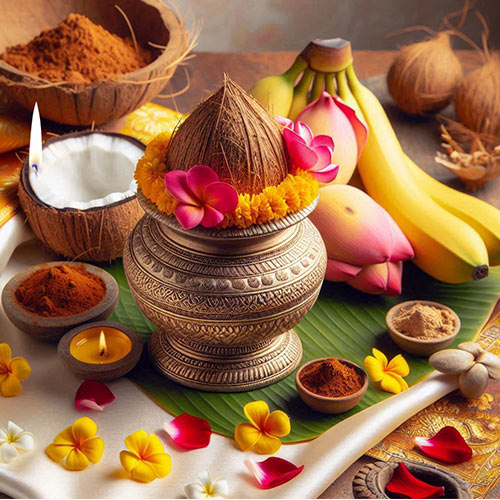
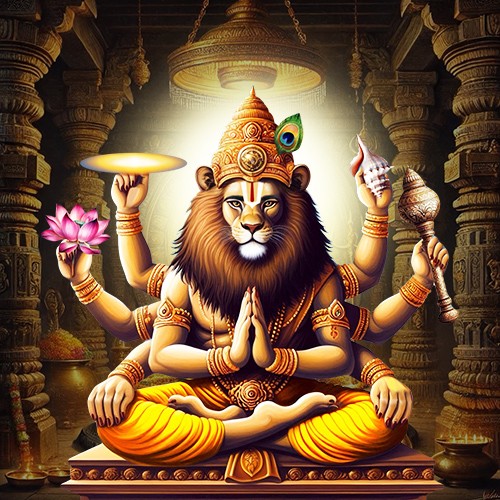

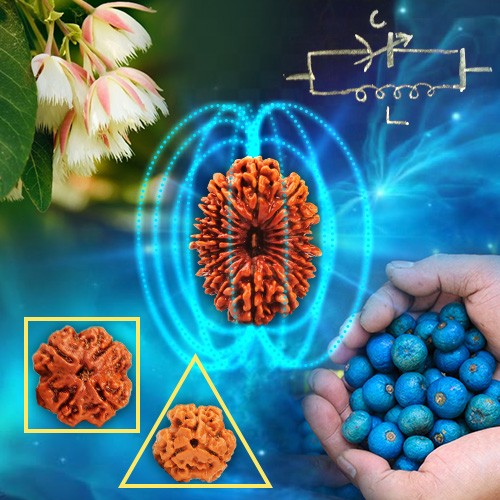

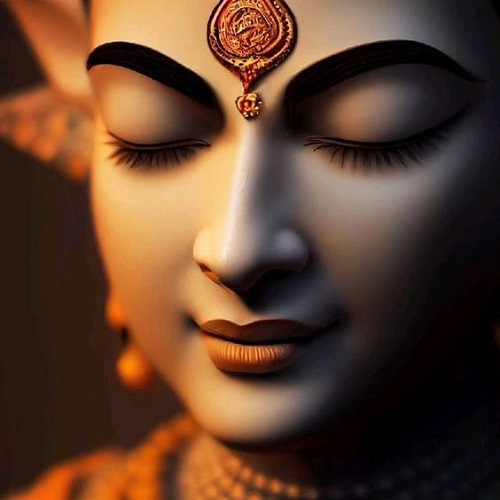
.jpg)

.png)
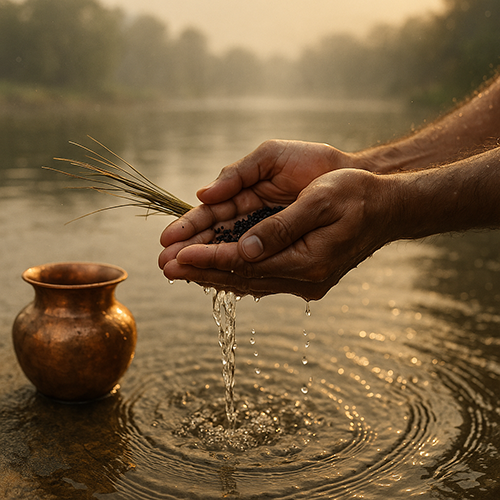
Comments 0
Leave your thought here